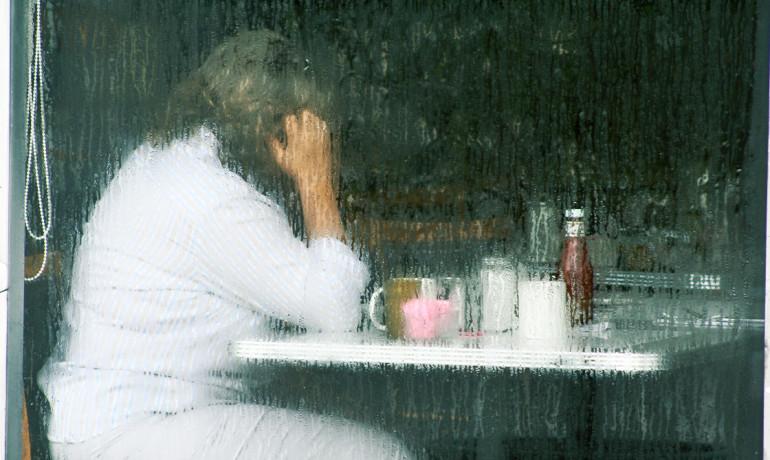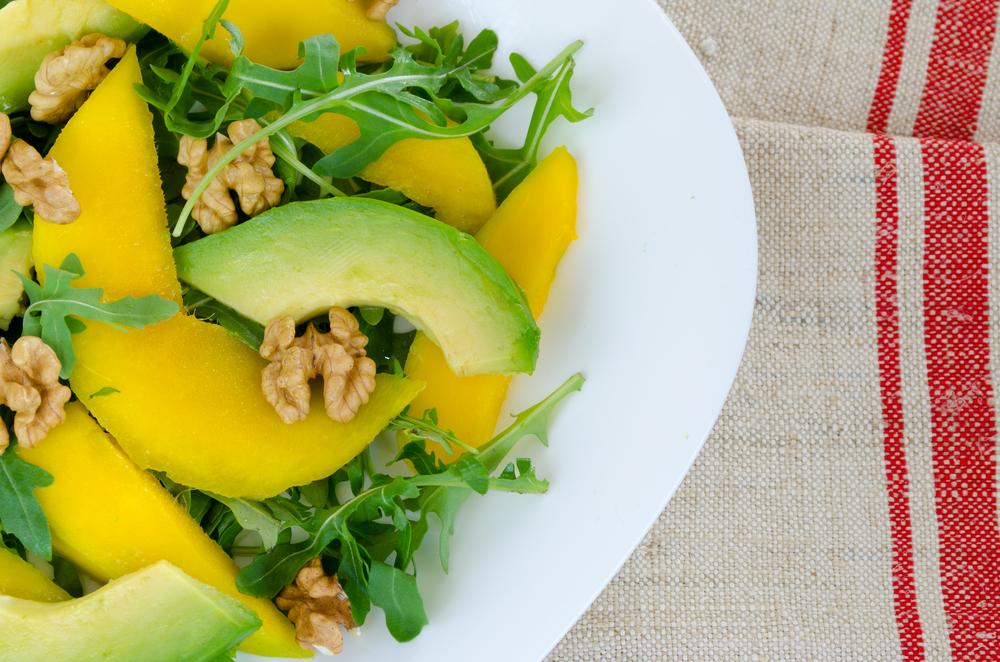After looking at 1.1 million online reviews for 840,000 restaurants in more than 32,000 cities across the country, researchers have found that the weather outside can be just as significant a factor for reviews as what happens inside a restaurant.
Their study shows evaluations written on rainy or snowy days, or very cold or hot days, are more negative than those written on nice days.
“People love to describe themselves as foodies. But in the end, it looks like we’re all weather people, whether we realize it or not,” says study leader Saeideh Bakhshi, a College of Computing Ph.D. candidate at Georgia Institute of Technology (Georgia Tech).
The study also finds a nationwide spike in the number of reviews written during the summer, but July and August were the worst months of the year for ratings. November was the best.
“The best reviews are written on sunny days between 70 and 100 degrees,” says Bakhshi. “Science has shown that weather impacts our mood, so a nice day can lead to a nice review. A rainy day can mean a miserable one.”
Population Matters, Too
The study covered a period of 10 years of reviews on sites that included Foursquare, Citysearch, and TripAdvisor. It also found that demographic factors such as neighborhood diversity, education levels, and population density have a significant impact.
For instance, areas with a high percentage of people with college degrees (more than 50 percent) average nearly three times more reviews than places where fewer than 10 percent have diplomas. However, higher education levels don’t have much of an effect on ratings.





